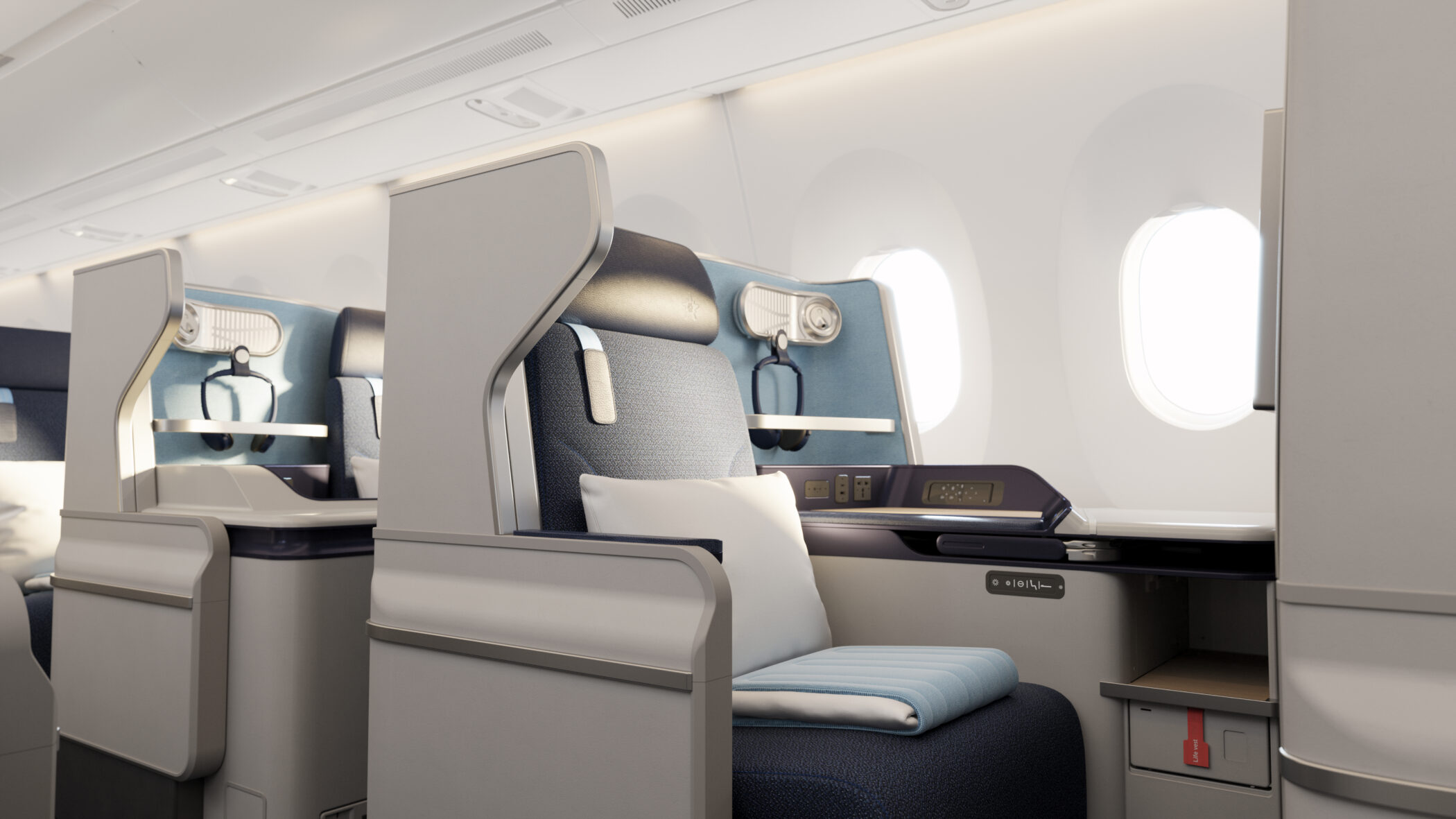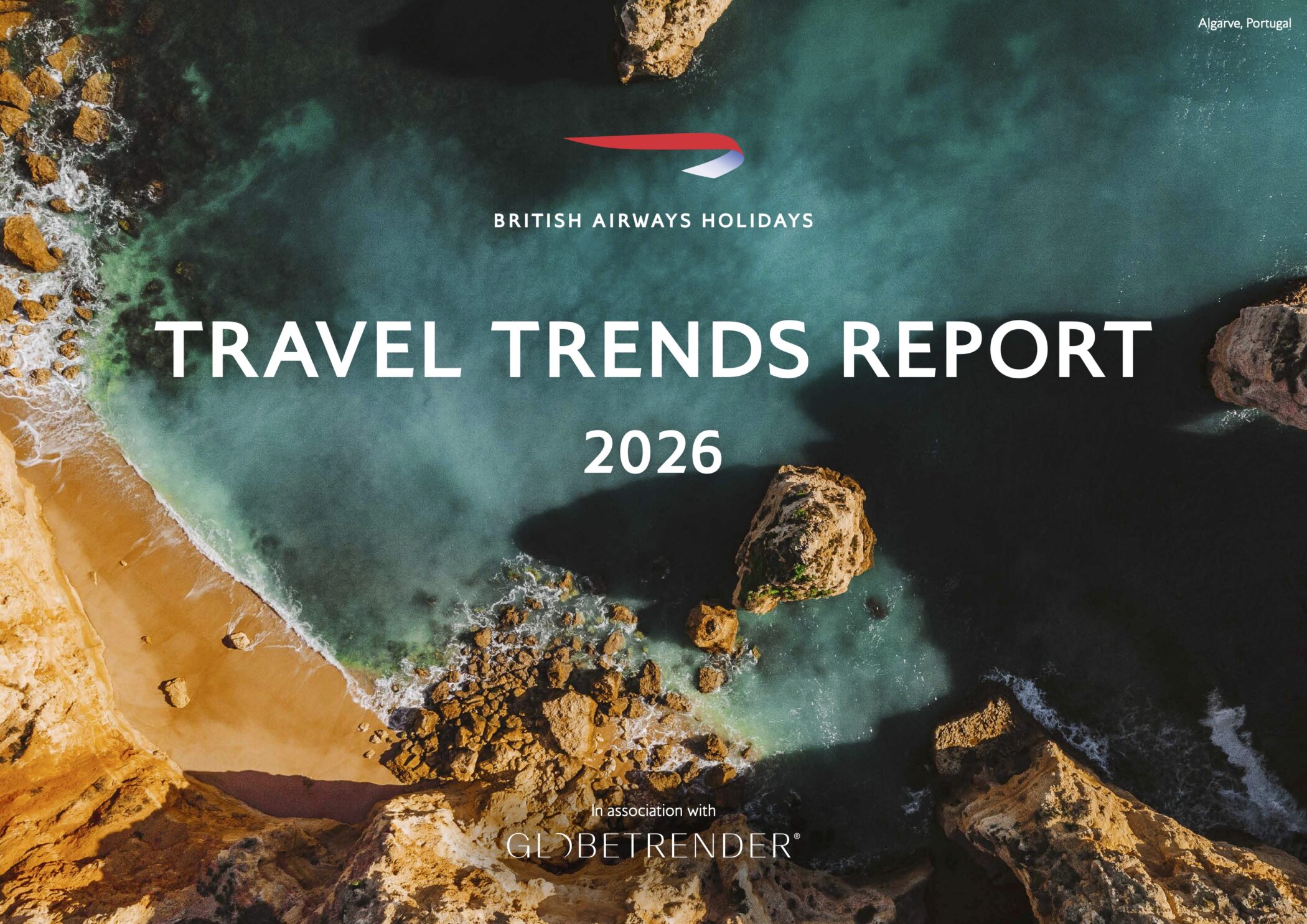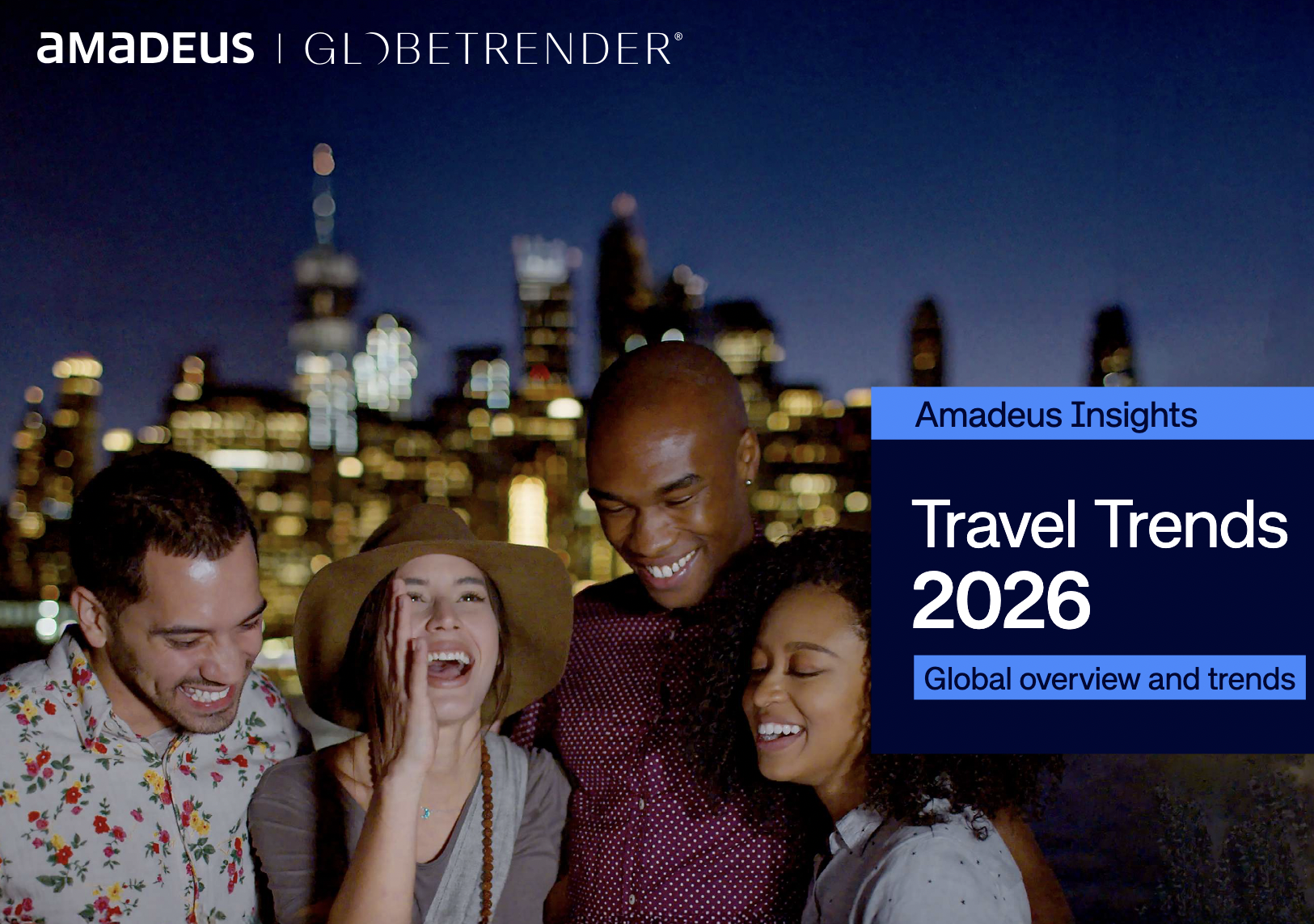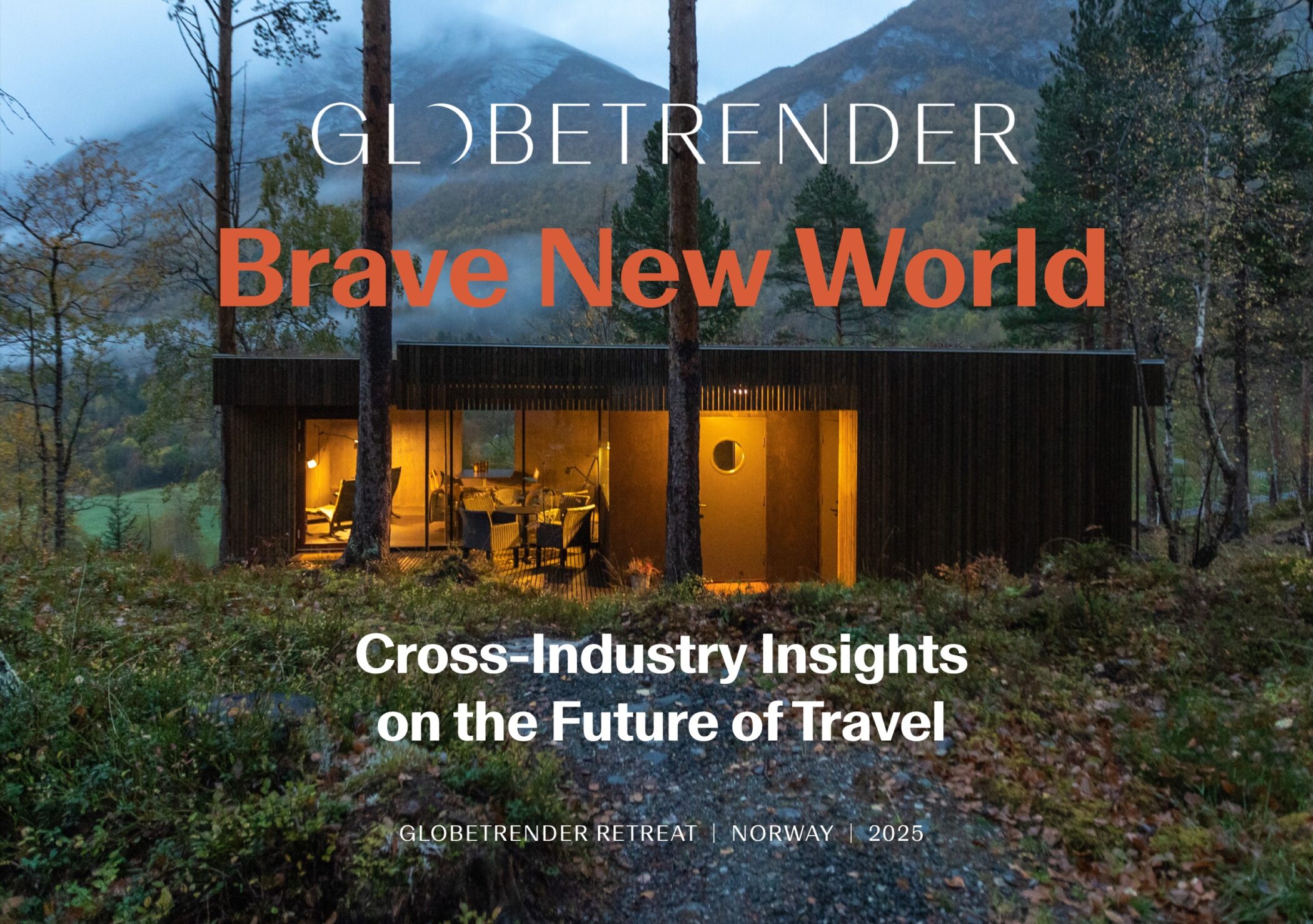Rising number of young people using AI to plan vacations
The number of people using artificial intelligence to help plan their vacations has doubled in the past year, according to new research from ABTA. Jenny Southan reports
Data from ABTA’s Holiday Habits 2025-26 report reveals that 8% of people now use AI to inspire their trips, up from 4% the year before — meaning one in 12 travellers is turning to tools such as ChatGPT, Gemini or destination-specific AI platforms for ideas on where to go.
Among younger generations, the figure rises sharply: 13% of 18 to 24 year olds seek inspiration from AI, rising to 18% of 25 to 34 year olds, compared with just 3% of those aged 55 to 64.
That said, traditional sources of travel inspiration remain dominant — 48% of travellers still rely on internet searches and 41% on word-of-mouth recommendations, while a quarter (25%) still consult printed brochures.
However, ABTA predicts the influence of AI will grow rapidly, with 43% of respondents saying they’d feel confident letting AI plan a trip, and 38% willing to let it make bookings on their behalf.
AI meets aspiration
This rising comfort with algorithmic planning reflects a broader shift in traveller behaviour toward digital delegation — where convenience, speed, and personalised insight outweigh nostalgia for traditional research.
As AI tools become more sophisticated, they can synthesise complex preferences — from climate and cuisine to carbon footprint and budget — into tailor-made itineraries. What’s emerging is a new era of hyper-personalised trip planning, where travellers use AI less as a replacement for human expertise and more as an intelligent co-pilot.
Solo travel surges
Alongside this technological leap, ABTA’s report highlights another defining shift in modern travel culture: solo travel has reached record levels, with 19% of people taking a trip on their own in the past year — the highest proportion since ABTA began tracking the trend in 2014.
Younger travellers are leading the charge, with 23% of 25–34 year olds and 20% of 18 to 44 year olds holidaying solo. Many cite flexibility and self-determination as driving forces — the desire to travel on their own terms, rather than waiting for friends or family to align.
Looking at trips taken by those who went on a solo holiday this past year, more than three quarters (76%) visited Europe, with France the most popular country at 44%. City breaks came out as the top trip choice among those who had taken a solo holiday, with over half (52%) opting for a short break in some of Europe’s most famous cities.
Technology has made this easier too: with AI-powered translation, navigation, and safety apps, solo travellers can stay connected, informed, and secure wherever they go. For many, travelling alone no longer means feeling isolated.
A new age of inspiration
Mark Tanzer, ABTA’s chief executive, said the findings show just how deeply travel is ingrained in people’s lives: “ABTA’s Holiday Habits report shows just how committed people are to their holidays, with 87% taking a trip over the past 12 months. The increasing use of AI as a source of holiday inspiration reflects how consumer behaviour is changing – both in travel and other industries.”
Tanzer added that while AI offers vast potential, the human touch remains vital: “For our sector, the challenge is to harness the potential which AI has to support our businesses, while continuing to celebrate and champion the value of the personal expertise which comes with booking with a travel agent or tour operator.”

























